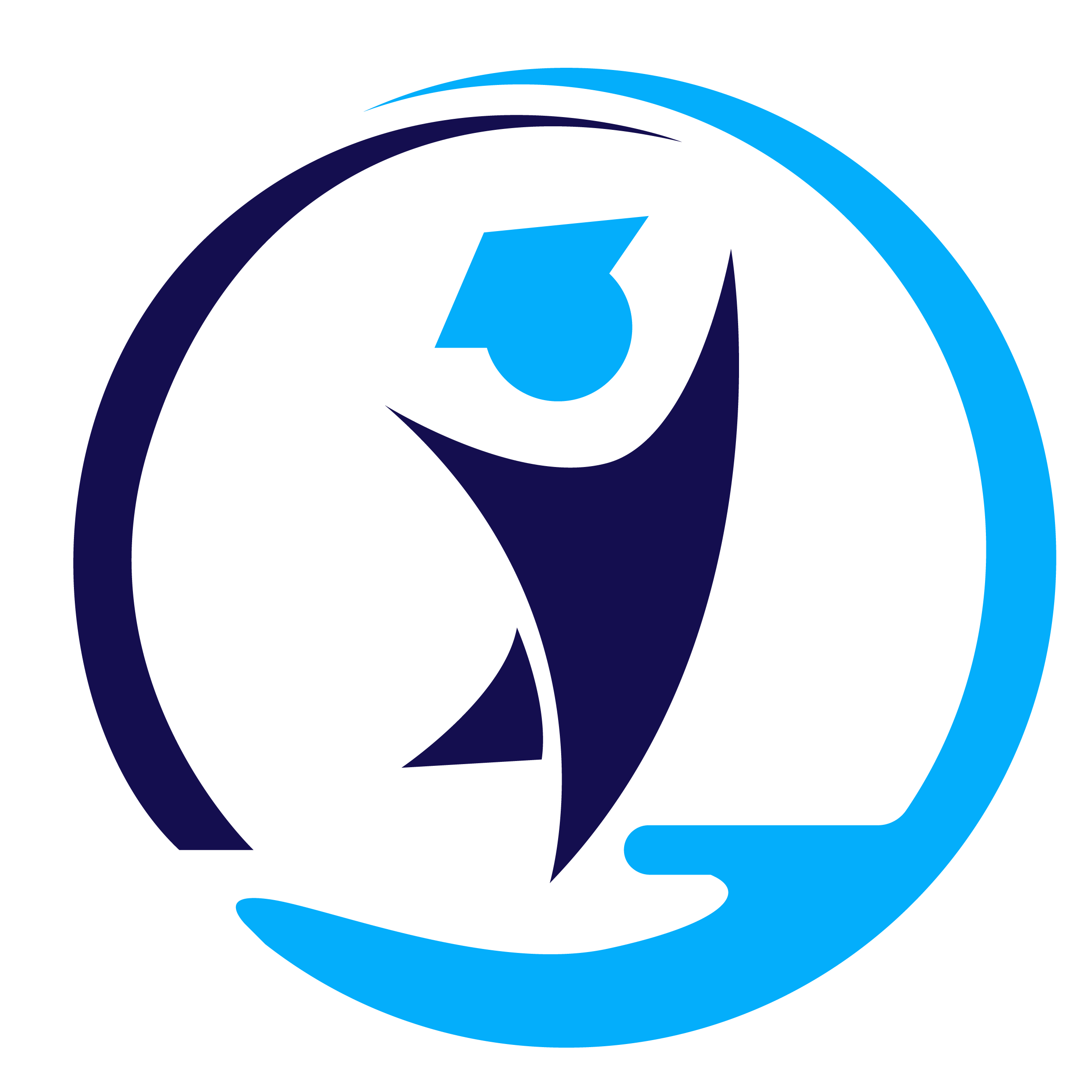Children belong in schools, but their exclusion because of disability, race, language, religion, gender, and poverty has become a global issue. Education today should not exclude any child from the system. Every child has the right to be supported by their families, parents and community to grow, learn, and develop in the early years, and, upon reaching school age, to go to school. Every child who attends school must be welcomed and included by teachers and peers alike. When all children, regardless of their differences, are educated together, everyone benefits: this is the keystone of inclusive education.
Prioritising inclusive education in Samoa has been one of the goals of the Education Sector for years. As one of the implementing agencies of the Education Sector, the Ministry of Education, Sports and Culture (MESC) continues to deliver and promotes high quality education by designing and developing intervention strategies to ensure that every child is not left behind in the system. It is important to note that the ministry values every child no matter their background, ethnicity or ability. The aim for every intervention implemented by MESC is for every child to receive equal opportunity of education.
Every year MESC runs training and professional development to up-skill and upgrade teachers’ knowledge and methodologies in teaching. In saying this children or students with disabilities are appreciated and included in every educational plan whether it is sports, cultural or educational activities. The ministry ensures that every child is included. The ministry has programs which are appropriate for all students and some are specifically developed to cater the needs of students with disabilities. For instance, before Easter, training for Leififi College teachers was held, and the focus was on sign language which caters for the needs of student who are deaf. The training was a collaborative effort led by the ministry and the Samoa Association of Sign Language Interpreters (SASLI).
Building good working relationship with education service providers and special schools is very important. MESC values its partnership with other organisations which support inclusive education programs. Listed below are some of the on-going programs which support students with disability.
- Training for brailing. Collaboratively delivered by the ministry and Samoa Blinds Persons Association (SBPA).
- Training for teachers on how to cater for the needs of students with intellectual impairment. A collaborative effort by the ministry and Aoga Fiamalamalama.
- Training for teachers on adjusting the curriculum and activities to plan and support, students with different levels of abilities. A ministry activity.
- STEPS this is a special program for children with dyslexia. This ministry program is piloted in 3 primary schools and 2 colleges.
- Inclusive Education Awareness programs. These are ministry awareness programs (2-minutes episodes) on inclusion of students with disability inside classrooms to be shown on television and uploaded on MESC website for teachers to access.
- On-going MESC national training and cluster professional development on any requested need with regards to teaching students with disability.
- SSILNaS. An annual ministry program where every child either team up with classmates to put together a project or present an individual project.
- Study Technology. A ministry program where every child is encouraged to demonstrate what they have learnt through demo kits or clay
These trainings are available for all the teachers whether they are teaching students with disabilities or not. Most importantly to note is that there are various types of disability. Some students have physical impairment but others have an intellectual disability. Programs such as Adjustment of activities, Study Technology, SSILNaS and STEPS will help develop these students’ creative and investigative skills. Inclusive education values diversity and the unique contributions each student brings to the classroom. In a truly inclusive setting, every child feels safe and has a sense of belonging.
The future of Samoa depends on our young children of today. The ministry supports the vision of the Education Sector Plan 2019-2024 that is “all people in Samoa are educated and productively engaged”. It is important that different and diverse students are learning side by side in the same classroom. When this is appreciated by teachers, parents and school communities our Education Sector Plan’s vision will be achieved and Samoa will have productive citizens in the future.

Afamasaga Dr. Karoline Afamasaga – Fuata’i
CHIEF EXECUTIVE OFFICER
